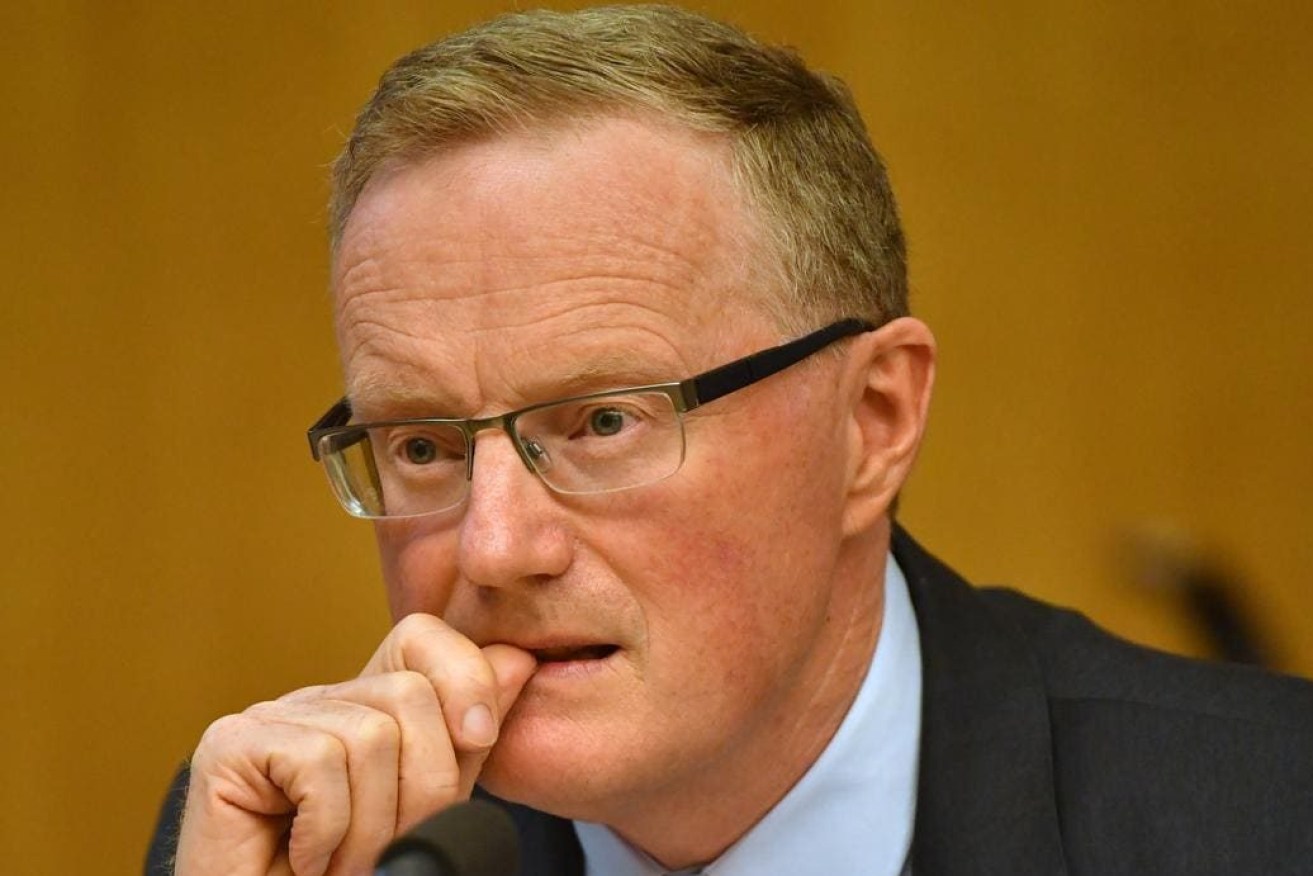Reserve Bank’s mea culpa on inflation: We went too far during ‘a scary time’
Reserve Bank Governor Philip Lowe has admitted the institution could have gone too far in its handling of the economy during the pandemic and that this had contributed to the spiraling inflation in Australia.


RBA Governor Philip Lowe
Lowe told a business forum in Melbourne that at the time decisions were made, the outlook for Australia was dire and there was an expectation that tens of thousands of people would die from Covid-19, that many jobs would be lost and that “deep social and economic scarring was anticipated”.
“It was a very scary time,” Lowe said.
“In this environment, the RBA had a strong insurance mindset. Many other central banks and governments had a similar mindset.
“In our case, we wanted to do what we could to provide insurance for Australians against the potentially catastrophic economic consequences of the pandemic.
“With the benefit of hindsight, it could be argued we took out too much insurance.”
He was referring to the dramatic lowering of interest rates and the massive bond buying program that pumped the economy with cash.
He said it was the right policy decision at the time.
“I recognise, though, that while this approach meant we avoided some damaging long-term scarring, it has contributed to the inflationary pressures we are now experiencing,” he said.
However, he said the Covid-related supply chain issues were expected to ease in the months ahead and declines in prices were occurring, but the growth in demand in Australia was “pushing up against the capacity of the economy to meet that demand”.
He said psychology would play a part in how high interest rates climbed.
“If inflation expectations shift up and businesses and workers come to expect higher rates of inflation on an ongoing basis, it will be harder to return inflation to (the) target. Doing so would require higher interest rates and a sharper slowing in spending. It is in our collective interests that this does not happen.”
He said this was what occurred in the 1970s “and it ended badly”.
He said it was not the bank’s expectation that this would happen again.
The Reserve Bank’s monetary policy and make-up of its board are to be examined as part of an independent review, the first in more than three decades.
Federal Treasurer Jim Chalmers says the terms of reference for the undertaking have been finalised, with a three-member independent panel appointed.
It will comprise external member of the Bank of England’s financial policy committee Professor Carolyn Wilkins, leading macroeconomist Professor Renee Fry-McKibbin and secretary for public sector reform Dr Gordon de Brouwer.
The panel will examine monetary policy arrangements, including whether the bank’s current two to three per cent inflation-targeting framework is appropriate.
Dr Chalmers says the review will be the first since the current monetary policy was instituted in the 1990s, and be approached with an open mind.
“I’m not aware yet of a better, more appropriate regime for Australia but that’s the whole point of the review,” he told the ABC.
“If they can learn from the Canadian experience of inflation targeting, if they can learn from the experience of other central banks around the world, I think that’s a good thing.”
Dr Chalmers also flagged possible changes on the RBA’s board.
“One of the things that I do want the review to look at is the breadth and depth of the expertise and experience that’s on the board,” he said.
“There will be appointments that we will be asked to make to the Reserve Bank board in this term of the parliament and I’d like to do that based on the best advice on the best mix of people.
“There are good people on the board right now but if there are ways we can make the experience and expertise on the board deeper and broader, then we should look for ways to do that.”












